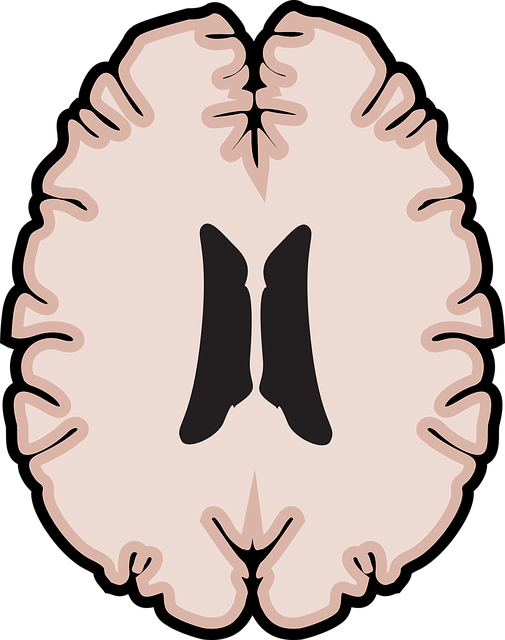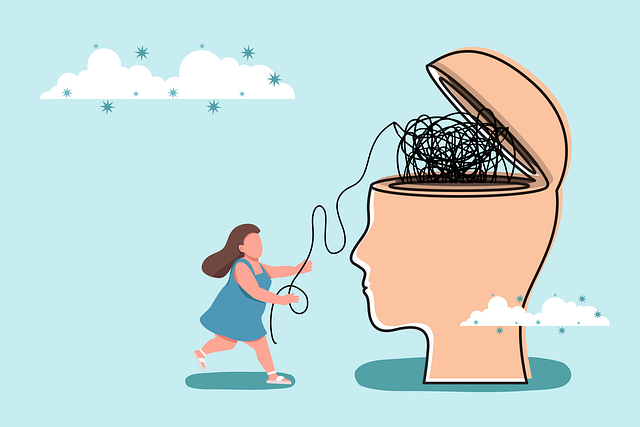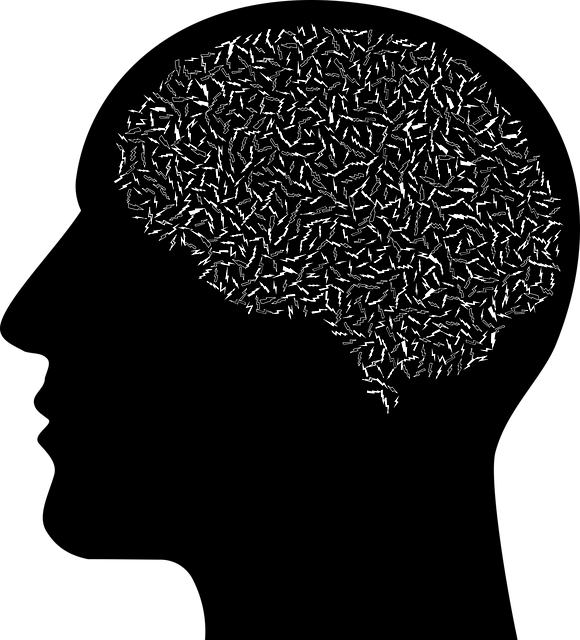Stress management workshops in Northglenn address a community need by offering evidence-based practices, like mindfulness and breathing techniques, for stress reduction. These workshops also serve as screening tools for mental health professionals to provide tailored interventions, including Northglenn Alcohol Abuse Therapy. Through interactive activities, inclusive facilitation, and community building, participants gain practical coping strategies while reducing stigma around mental health. Combining traditional methods with innovative approaches, these workshops empower individuals to manage stress, prevent burnout, and enhance overall well-being, as seen in the successful programs at Northglenn Alcohol Abuse Therapy.
In today’s fast-paced world, stress has become a ubiquitous challenge, impacting individuals across Northglenn communities. To combat this, organizing stress management workshops can be transformative. This comprehensive guide explores evidence-based strategies and interactive techniques to empower residents with effective tools. From understanding stress triggers to creating safe spaces and measuring success, each step is designed to foster well-being. By implementing these practices, Northglenn Alcohol Abuse Therapy centers can enhance their outreach and contribute to a healthier, more resilient community.
- Understanding Stress: Its Impact and Common Triggers in Northglenn Communities
- Designing Effective Workshop Content: Evidence-Based Strategies for Stress Management
- Creating a Safe and Inclusive Environment: Facilitation Tips for Workshop Leaders
- Practical Techniques: Interactive Activities and Tools for Stress Reduction
- Measuring Success and Long-Term Support: Evaluating Workshop Outcomes and Community Engagement
Understanding Stress: Its Impact and Common Triggers in Northglenn Communities

Stress is a pervasive issue impacting individuals across Northglenn communities, often stemming from various sources that vary from person to person. Understanding stress involves recognizing its far-reaching consequences on mental and physical well-being. High levels of stress can lead to increased rates of anxiety, depression, and even Northglenn alcohol abuse therapy needs among residents. Common triggers include demanding work schedules, financial pressures, relationship issues, and lack of social support—all factors that contribute to a sense of being overwhelmed.
By fostering self-awareness exercises and providing platforms for open discussions, stress management workshops aim to equip individuals with tools to identify and manage stressors effectively. This proactive approach is especially crucial in light of the growing concern over mental illness stigma reduction efforts, as it empowers people to take control of their mental health. Moreover, these workshops can serve as a risk assessment tool for mental health professionals, helping them tailor interventions to meet the unique needs of Northglenn communities.
Designing Effective Workshop Content: Evidence-Based Strategies for Stress Management

When designing content for stress management workshops, it’s essential to incorporate evidence-based strategies that have proven effective in reducing stress levels. These include mindfulness techniques, such as meditation and deep breathing exercises, which help individuals cultivate a sense of calm and presence. Studies show that regularly practicing these methods can significantly lower cortisol, the hormone associated with stress, thereby promoting better mental health.
Additionally, incorporating elements from Mental Health Policy Analysis and Advocacy into workshop content ensures a holistic approach to stress management. By discussing societal factors contributing to stress and providing tools for advocating for improved access to resources like Northglenn Alcohol Abuse Therapy, participants gain insights into addressing systemic issues impacting their well-being. This layered strategy, combining practical stress reduction methods with policy awareness, empowers individuals to take charge of their mental health in meaningful ways.
Creating a Safe and Inclusive Environment: Facilitation Tips for Workshop Leaders

Creating a safe and inclusive environment is paramount for successful stress management workshops. Workshop leaders should foster an atmosphere where participants feel comfortable sharing their experiences without fear of judgment. This begins with clear communication, setting ground rules, and modeling the desired behavior. Using inclusive language and actively listening to all voices ensures everyone feels seen and valued. In Northglenn Alcohol Abuse Therapy sessions, facilitators often employ strategies like anonymous question-and-answer rounds, small group discussions, and icebreakers to encourage participation from diverse backgrounds.
Effective facilitation involves promoting emotional regulation through practical Mind Over Matter principles. Workshop leaders should guide participants in identifying their stress triggers and teaching them coping mechanisms that resonate with individual preferences. By incorporating interactive activities, storytelling, and role-playing exercises, facilitators can model Emotional Well-being Promotion Techniques that encourage self-care and resilience. This not only enhances the learning experience but also creates a supportive community where attendees can learn from one another’s experiences.
Practical Techniques: Interactive Activities and Tools for Stress Reduction

In stress management workshops organized by Northglenn Alcohol Abuse Therapy, interactive activities and tools play a crucial role in teaching practical techniques for burnout prevention and stress reduction. These sessions often include mindfulness exercises, breathing techniques, and guided meditations designed to help participants cultivate mental wellness. By actively engaging in these practices, individuals learn to manage their stress responses more effectively, reducing the impact of daily pressures on their overall well-being.
Additionally, workshops may incorporate group discussions, role-playing scenarios, and creative arts activities as Stress Reduction Methods. These interactive elements foster a sense of community and shared learning, enabling participants to exchange insights and strategies for coping with stress. By combining traditional techniques with innovative approaches, Northglenn Alcohol Abuse Therapy offers comprehensive solutions to promote mental wellness and prevent burnout among its clientele.
Measuring Success and Long-Term Support: Evaluating Workshop Outcomes and Community Engagement

Measuring success and gauging long-term impact are crucial aspects of any workshop organization, especially when focusing on sensitive topics like stress management and mental wellness. Following Northglenn Alcohol Abuse Therapy’s example, facilitators should implement robust evaluation methods to assess the effectiveness of their programs. This could include pre-and post-workshop surveys to track participants’ perceived stress levels, mood improvements, and changes in self-care routines.
Community engagement is another key indicator of a workshop’s success. Encouraging ongoing support groups, peer mentorship programs, or online communities can foster a sense of belonging and accountability, boosting confidence and maintaining the momentum gained during the initial workshops. By combining these strategies, organizations like Northglenn Alcohol Abuse Therapy can ensure that participants not only benefit from immediate interventions but also develop lasting self-care routines for improved mental health.
Stress management workshops can significantly improve the well-being of Northglenn communities. By understanding stress triggers, incorporating evidence-based strategies, and creating safe spaces for participation, these sessions become powerful tools against chronic stress and potential issues like Northglenn alcohol abuse therapy needs. The interactive techniques and long-term support offered through these workshops foster a healthier, more resilient community.














